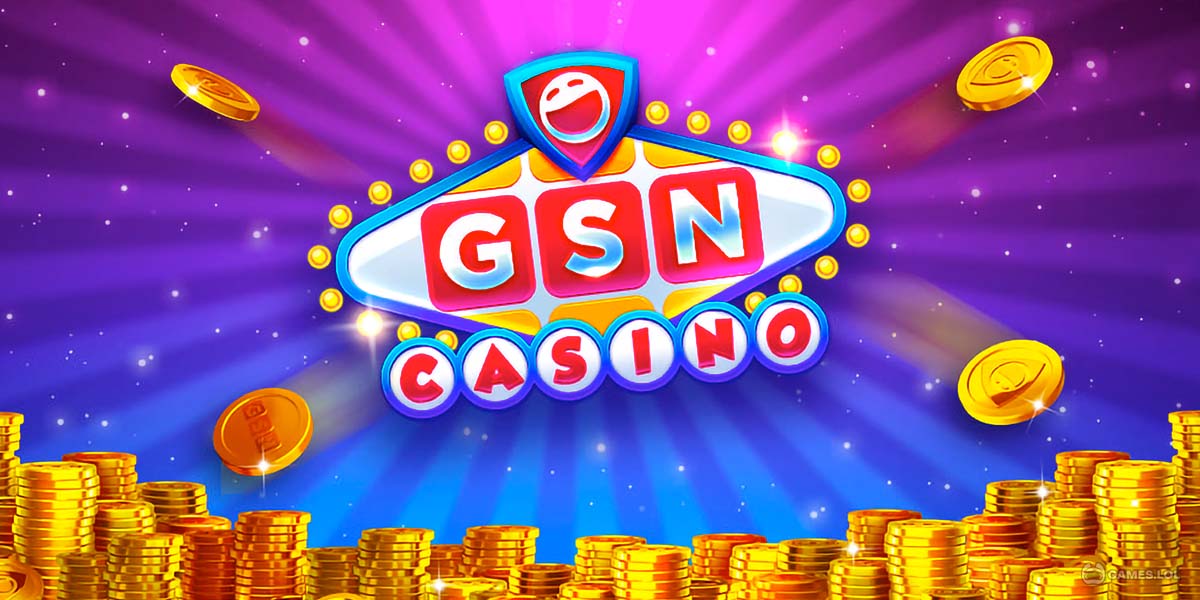
Upon entering into this dynamic universe of gambling, players are often greeted by a rush of excitement and energy. From the spinning roulette game to the dealing of cards in the popular card game, the atmosphere is vibrant. Yet, for many newcomers, finding your way through the different gaming options can be daunting. Understanding the specific jargon used in these games is crucial for boosting your experience and making wise decisions at the gaming tables.
Games of chance come with their own distinct set of jargon that can be both intriguing and, at times, intimidating. Understanding terms like "bankroll," "profitable," or "house edge" can greatly improve your gameplay and allow for a more satisfying experience. This manual aims to explain the language of casino games, helping both neophytes and seasoned players be more at home in the exhilarating environment of betting. Whether you are looking to take a chance at a poker machine or test your skills at a game of poker, familiarizing yourself with the jargon will definitely be beneficial.
Common Casino Terminology
When moving through the world of casino activities, a clear grasp of the terminology can boost your experience and optimize your performance. One of the most used terms is "casino advantage," which indicates the statistical advantage that a gambling house has over the players. This edge guarantees that, over time, the house will always make a gain from the activities. It changes by type of game; for instance, slots typically have a larger house edge than games like 21 or poker, where tactics can lower the house’s profitability.
Another important definition is "betting limit." This denotes the minimum and highest amounts that participants can stake on a certain game or table. Betting limits are set to ensure that gaming is fun and within the budget of all players. Comprehending the wagering caps is essential for gamblers to oversee their finances effectively. Regardless of whether you are a big spender or prefer smaller wagers, knowing the caps can impact your strategy and overall experience.
In conclusion, the expression "winning amount" is crucial when talking about gambling activities. Payout denotes the sum a gambler can anticipate when successfully betting on a wager, often shown as a ratio or fraction of the initial wager. Different activities have different payout structures, and learning how they operate can aid gamblers in deciding wisely about where to put their money. It is vital to seek games with favorable payouts to increase chances of winning while enjoying the thrill of the gambling environment.
Game-Specific Jargon
Each gambling title contains a distinct collection of terms which participants utilize to share strategies, consequences, and game features. As an example, within blackjack, the phrase "bust" signifies a participant exceeding a sum of 21, leading to an automatic loss. Players often employ terms like "hit" as they request another card and "stand" when choose to maintain their existing hand. Understanding these phrases is important for novice participants to manage the game successfully and interact in discussions with seasoned players.
In poker, you will encounter terminology which may be fairly particular to the variation currently played. Phrases such as "flop," "turn," and "river" refer to the community cards dealt in Texas Hold’em. A "bluff" indicates deceiving opponents regarding the strength of one’s cards, while "all-in" refers to a player wagering their entire stack of chips. Grasping these terms is key to taking part in the game and offers players an edge when it comes to tactics and betting dynamics.
Slot machines, although simpler than table games, also possess their terminology as well. Phrases like "payline" and "reels" describe the basic features of the game. A "jackpot" refers to the highest payout a player can receive, usually achieved through a rare combination of icons. Participants may also refer to "bonus rounds" as special features in the game capable of enhance payouts or provide additional gameplay opportunities. Knowledge with this jargon can enhance the pleasure and comprehension of slot games.
Betting and Payouts Terminology
Grasping the language related to betting and winnings is crucial for mastering casino activities. Gambling refers to the act of making a stake on the outcome of a match. Each game has its specific minimum and highest stake amounts, which can vary significantly depending on the casino and kind of activity. Understanding these limits can help players manage their funds wisely and choose games that match their gambling style.
Payouts are what players receive when they win a bet, and knowing the reward system is vital for making smart gambling choices. Different gambling games have different payout rates, often expressed in units of probabilities or rates. non-GamStop online casinos UK For example, slot machines may provide set payouts, while table games like blackjack might have intricate payout structures based on the kind of bets placed. Familiarizing oneself with these structures can enhance the gaming experience and strategize for best results.
Terms like house edge and return to player also play a vital role in the understanding of payouts in casino games. The casino advantage represents the house’s inherent advantage over players, affecting long-term winning potential. On the flip side, RTP, commonly abbreviated as Return to Player, indicates the percentage of wagered money that a activity is intended to return to players over the long run. These concepts help gamblers make better choices about where place their wagers and understand the probabilities they are up against.